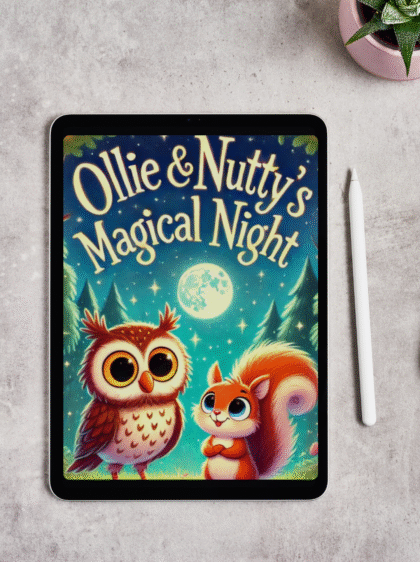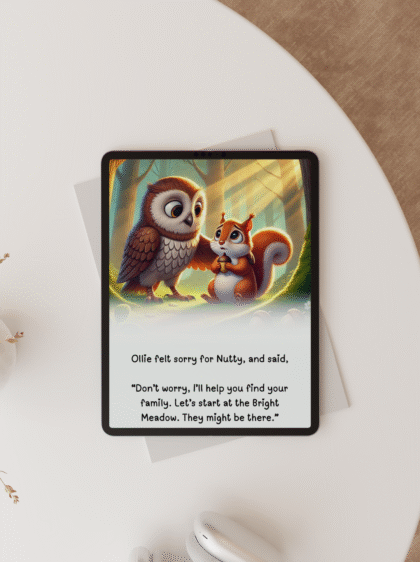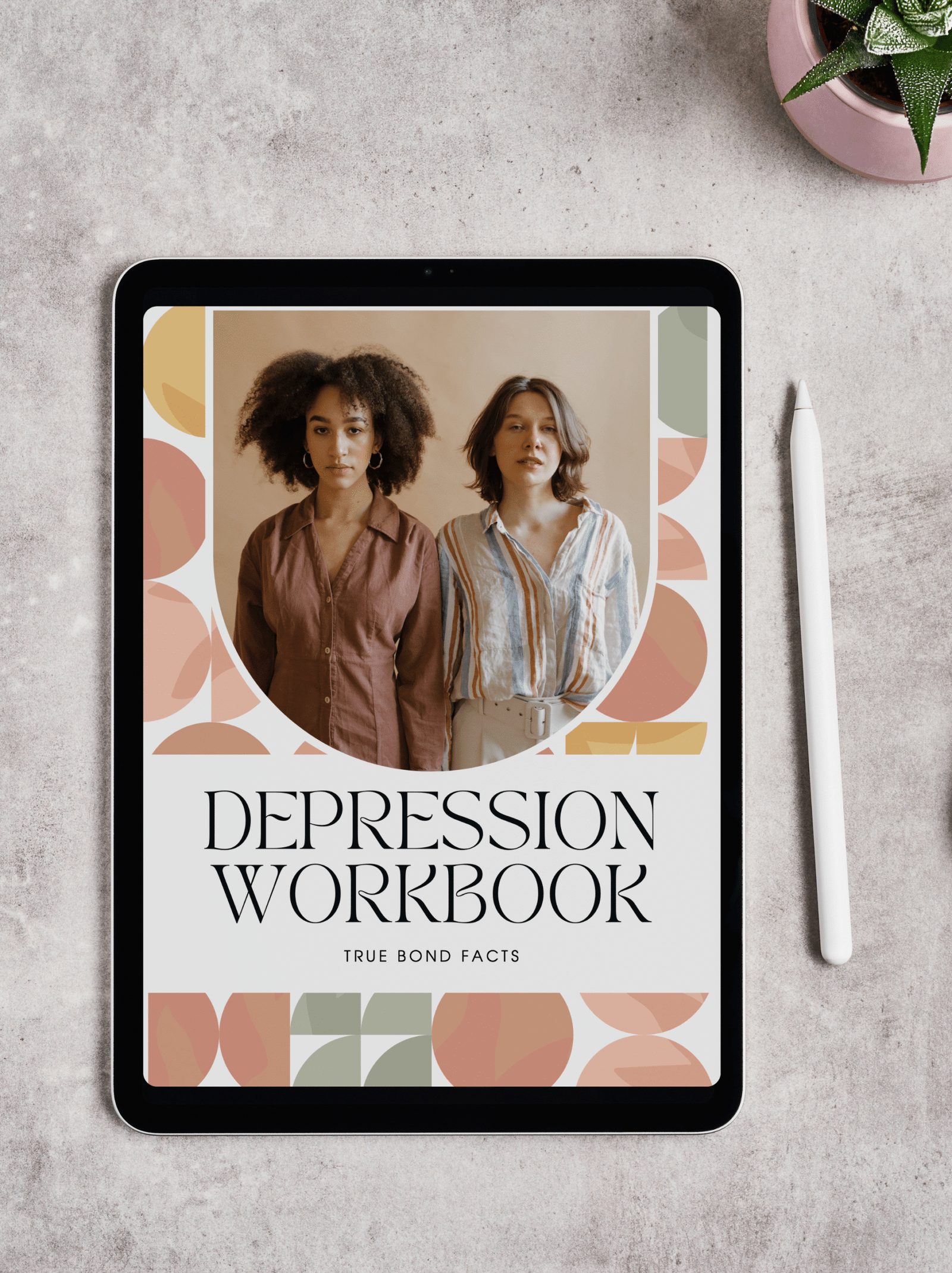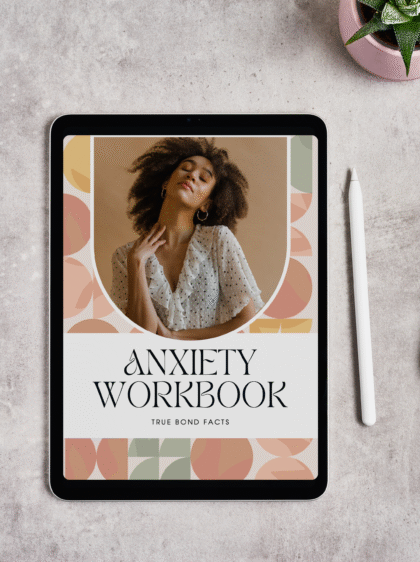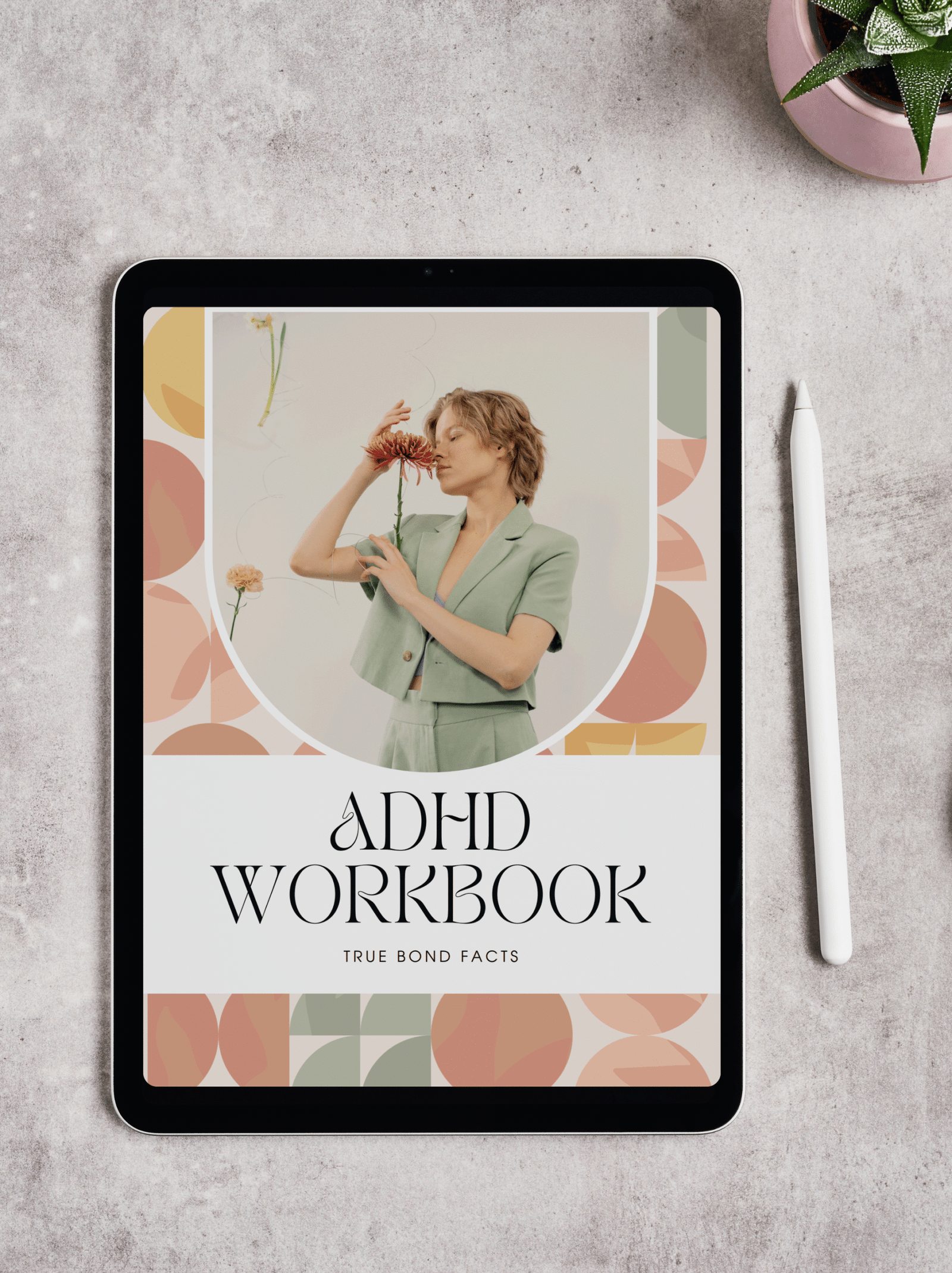Psychology tricks work best when they are ethical, simple, and repeatable. Below are 10 research-aligned habits you can practice today to feel more confident, communicate clearly, and guide conversations without being pushy.
Why these psychology tricks work
They reduce uncertainty, create safety, and make choices easier. Small behavioral cues—clear eye contact, calm pauses, and matching effort—help other people relax and engage. That’s influence, not manipulation.
10 psychology tricks to feel unstoppable (and how to use them)
1) Friendly eye contact (3–5 seconds)
Hold eye contact for a few seconds, then glance away naturally. It signals attention without staring. Pair with a micro-smile to soften intensity.
2) Subtle mirroring (posture, pace, tone)
Lightly match someone’s posture or speaking pace to create comfort. Keep it subtle—think alignment, not mimicry.
3) Names & recall
Use a person’s name once at the start and once to close a point. It shows care and helps them feel seen.
4) The confident pause
After you ask a question, be silent for two beats. People often add useful details to fill the space.
5) Orientation signals
Notice body orientation: feet/torso aimed toward you usually means interest. If they shift away, shorten your point or invite a question.
6) Self-talk that steadies you
Use third-person or name-based self-talk before a tough moment: “Okay, you can do the first line, then breathe.” It reduces stress and boosts execution.
7) If-Then planning
Pre-decide behaviors: “If I’m interrupted, then I’ll say, ‘Happy to finish my thought, then I’m all ears.’” Planning beats willpower.
8) Social proof (ethically)
Normalize good behavior: “Several teams are testing this, and here’s what worked.” It lowers perceived risk.
9) Teach-back for clarity
Ask, “Could you summarize what’s most useful here?” Hearing it back reveals gaps and strengthens agreement.
10) Breathing that calms nerves
Use a 4-count inhale, 6-count exhale before speaking. Slower exhales cue the body to relax—your voice steadies and your message lands.
Want printable tools to practice these psychology tricks daily? Try our Anxiety Workbook for thought reframing and calm routines, Table Talk Conversation Cards for low-pressure speaking prompts, and Difficult Conversations Workbook for scripts and repair.



